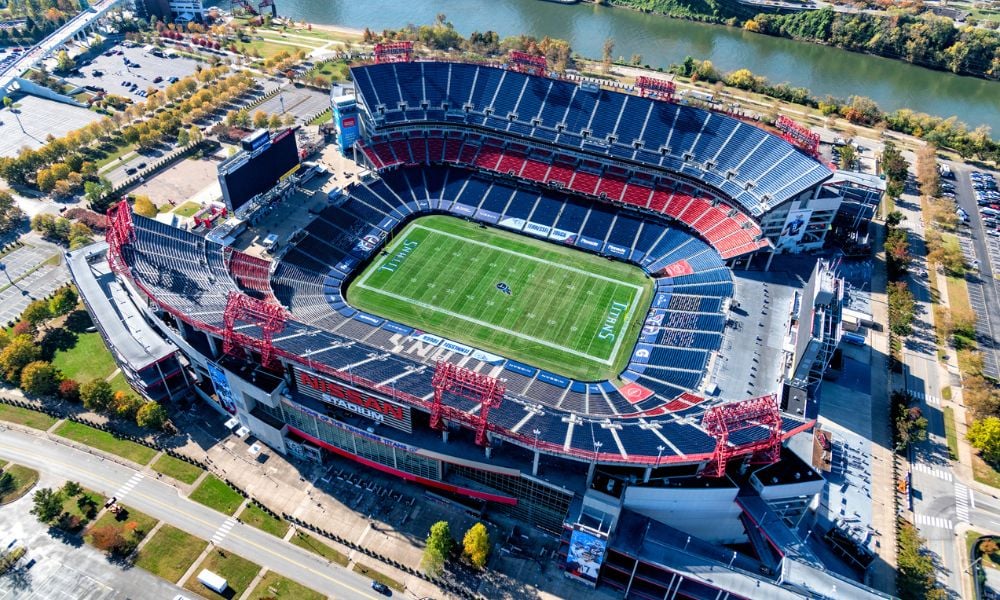
'We are workers and we're fighting for the same things'

The release of a survey by the NFL Players Association earlier this year brought to light concerns regarding working conditions for NFL players. The survey was the first of its kind, and since the results were published, players like Travis Kelce, team owners and NFLPA members have expressed surprise at the findings.
Appearing on an episode of the podcast Freakonomics, Joseph Carl Tretter, President of the NFLPA, highlighted that while athletes may be working on the field rather than in a office, they are still employees and deserve the same standard of care that would be expected in any workplace.
In Jacksonville, some players reported that their facilities were home to rats; in Washington, there were complaints that the showers had poor drainage; and in Cincinnati, players reported that there were no outlets in the locker room for them to charge their devices, Tretter said.
“I sometimes get frustrated when we're defined too much as just players because I think it takes us away out of the real world and puts us into football world,” Tretter said. “We are workers and we're fighting for the same things.”
The survey was conducted online with guaranteed anonymity and sent to all 2200 active NFL players. Of these, 1300 filled out the survey, which covered eight categories: the physical facilities – the locker room, weight room and training room – nutrition; travel; how well the player’s team takes care of their family during games; and training staff and strength staff but not the coaching staff, as opinions on coaching staff could be affected by team wins or losses.
The players union had two primary goals in running the survey and giving each team letter grades: the first was to give players information that could help them decide where to work if they ever got that choice, and the second goal was to help raise the standards across each club by bringing problems out into the open, Tretter said on Freakonomics.
“One of our core jobs as a union is to improve the overall working conditions for our players,” Tretter said. “Often, you see our advocacy on “big” issues -- like our push for better field surfaces at stadiums or standardized safety protocols that limit the risk of workplace injuries -- but it also includes the daily experience of players at the team facilities away from the lights and cameras.”
The survey’s grading system placed the Minnesota Vikings in the top spot, the Miami Dolphins at number two and the Las Vegas Raiders at number three. Meanwhile, some of the best teams in football ranked toward the bottom. Of the winners of the past five Super Bowls, the New England Patriots, the LA Rams, Tampa Bay Buccaneers and the Kansas City Chiefs who won it twice, none of them ranked higher than 24th out of 32 teams.
“Having a star quarterback like Patrick Mahomes is the ultimate deodorant; whether it's the talent around them, or facilities or coaching, he's gonna make everybody look good, because he is that good as a quarterback,” Tretter said on Freakonomics.
“But that doesn't mean the offerings shouldn't be up to snuff. It shouldn't be ‘Hey, come here to play with Patrick Mahomes and potentially win a Super Bowl, but also the facilities are gonna be old and dilapidated, and you have to deal with that.’ That shouldn't be the tradeoff.”
According to Tretter, the NFLPA doesn’t want this survey to be a one-time thing, with their intent being to gather player opinions every year, with the hope that “transparency across the NFL can help lead to positive changes for players.”